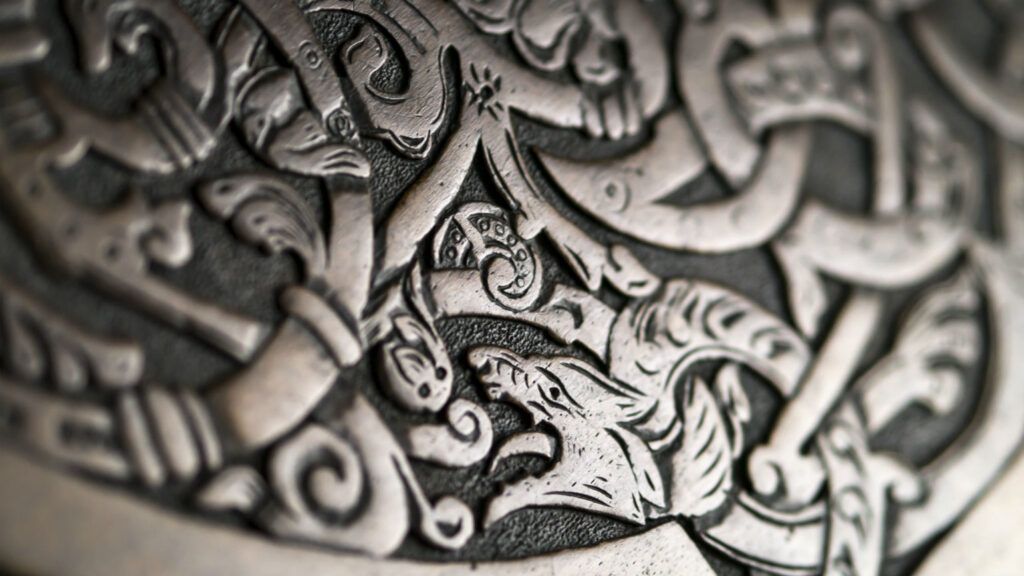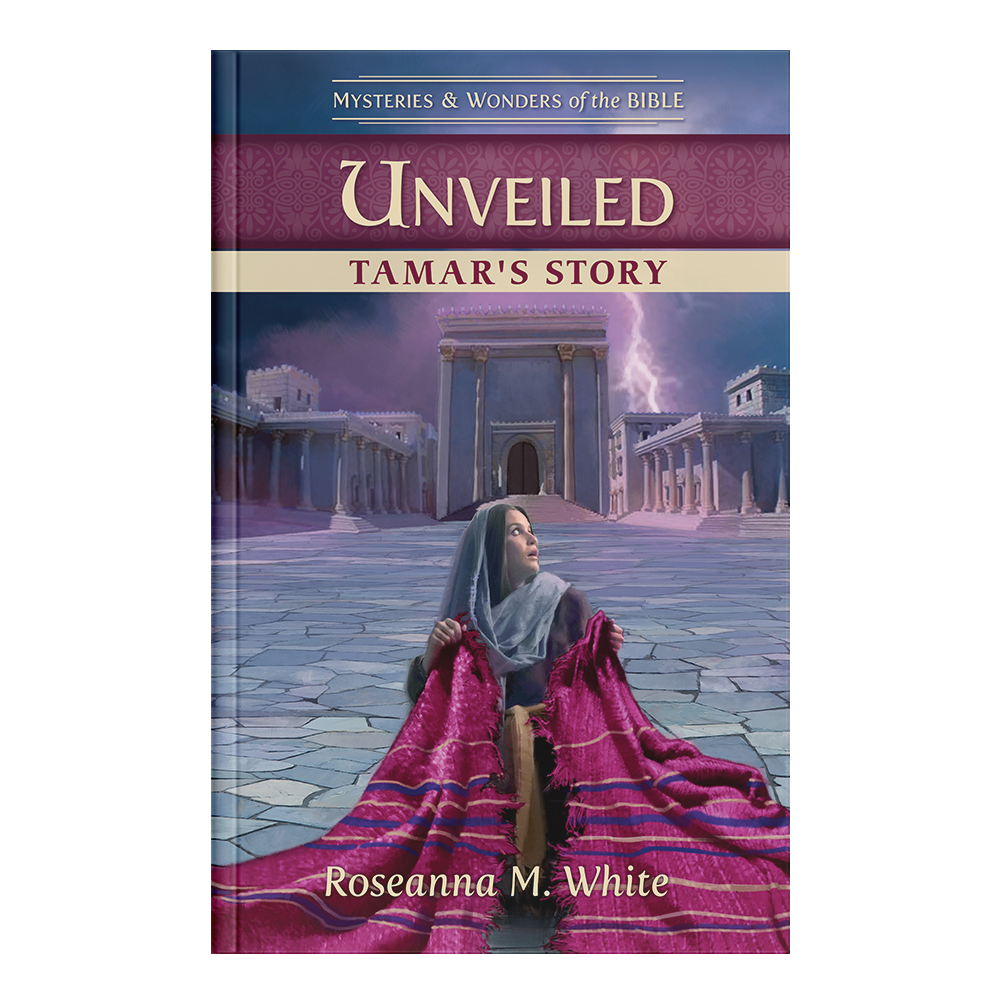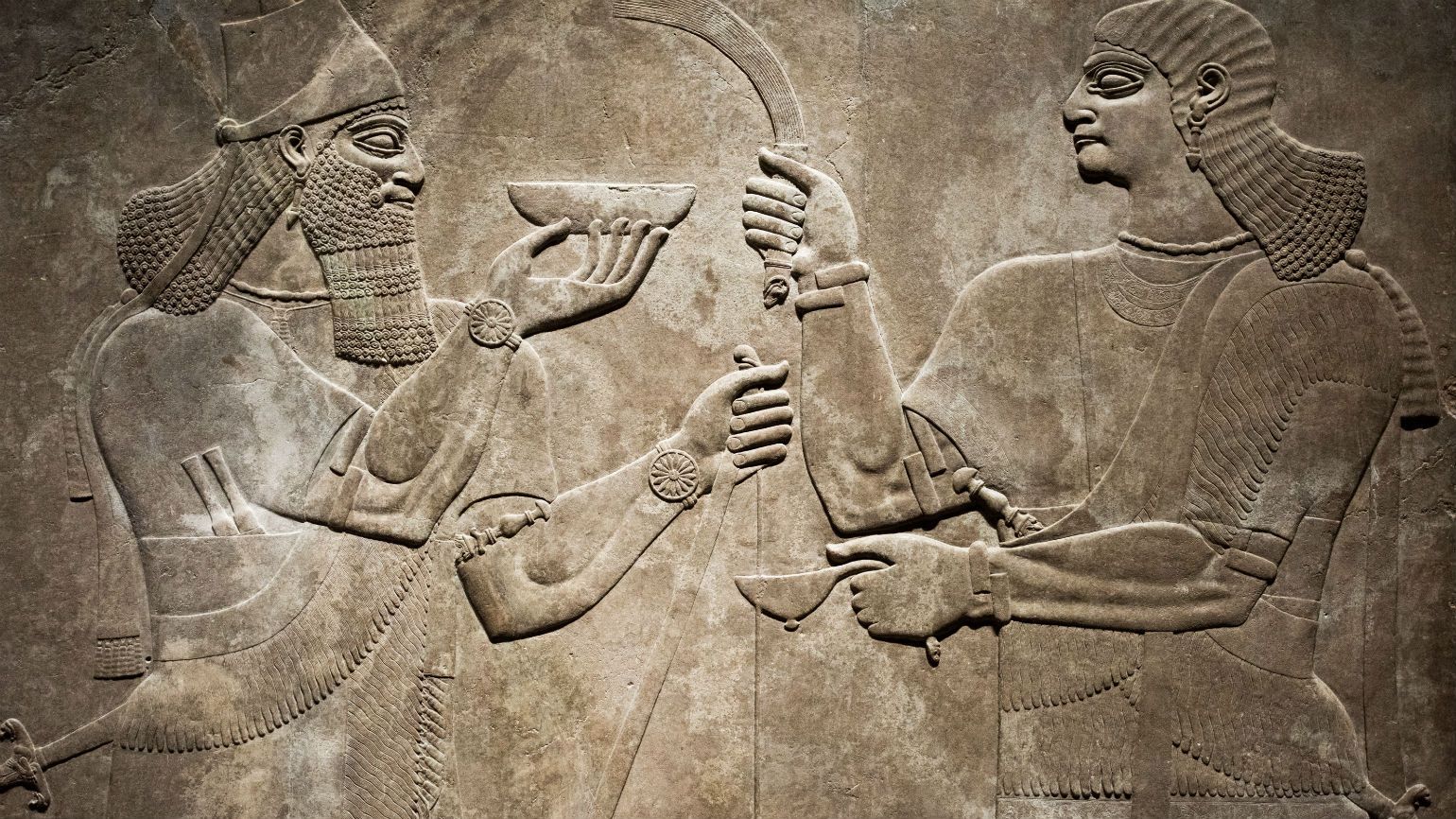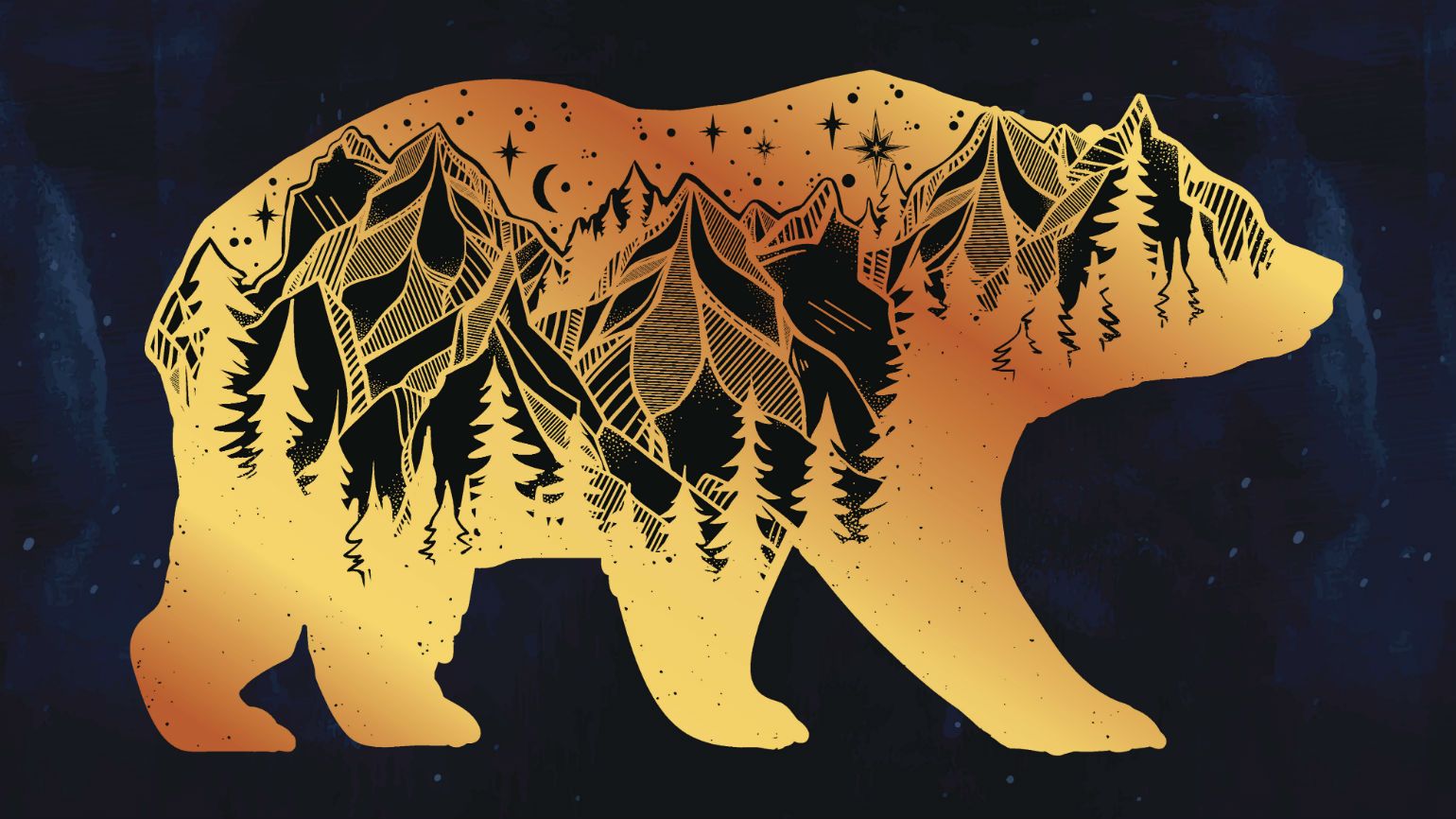Throughout history, people from all over the world have come up with explanations for solar eclipses. Now we know the science behind things like a total solar eclipse — the next of which will happen on August 21st — but a long time ago, people explained the celestial phenomenon through stories, fables, and legends passed down from generation to generation. Here are a few myths people believed about eclipses.

Kerri Pomarolli and Her Faith-Filled Motivation to Pursue Comedy
Once this comedian trusted her career to God, opportunities came that were better than she could have dreamed.




















